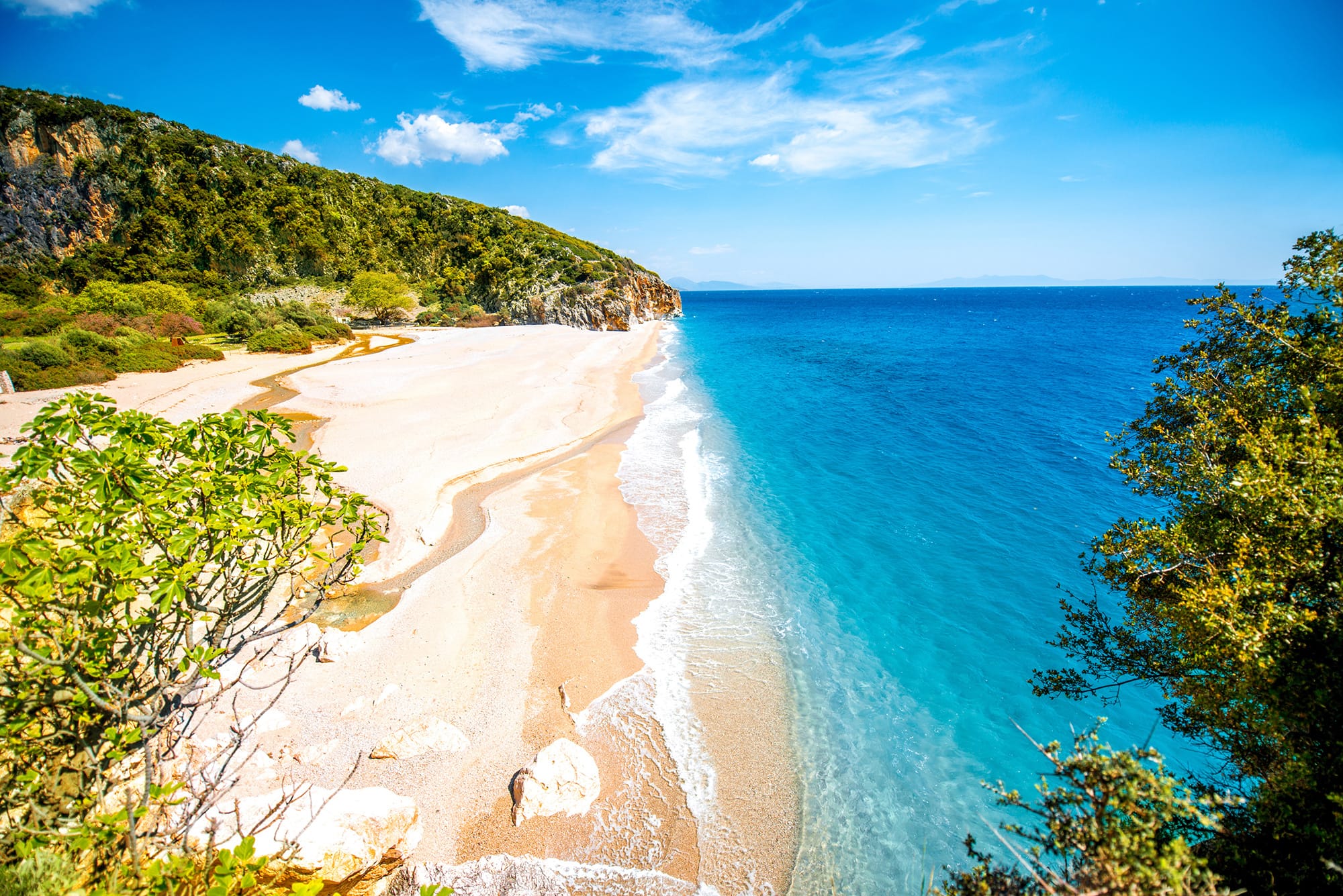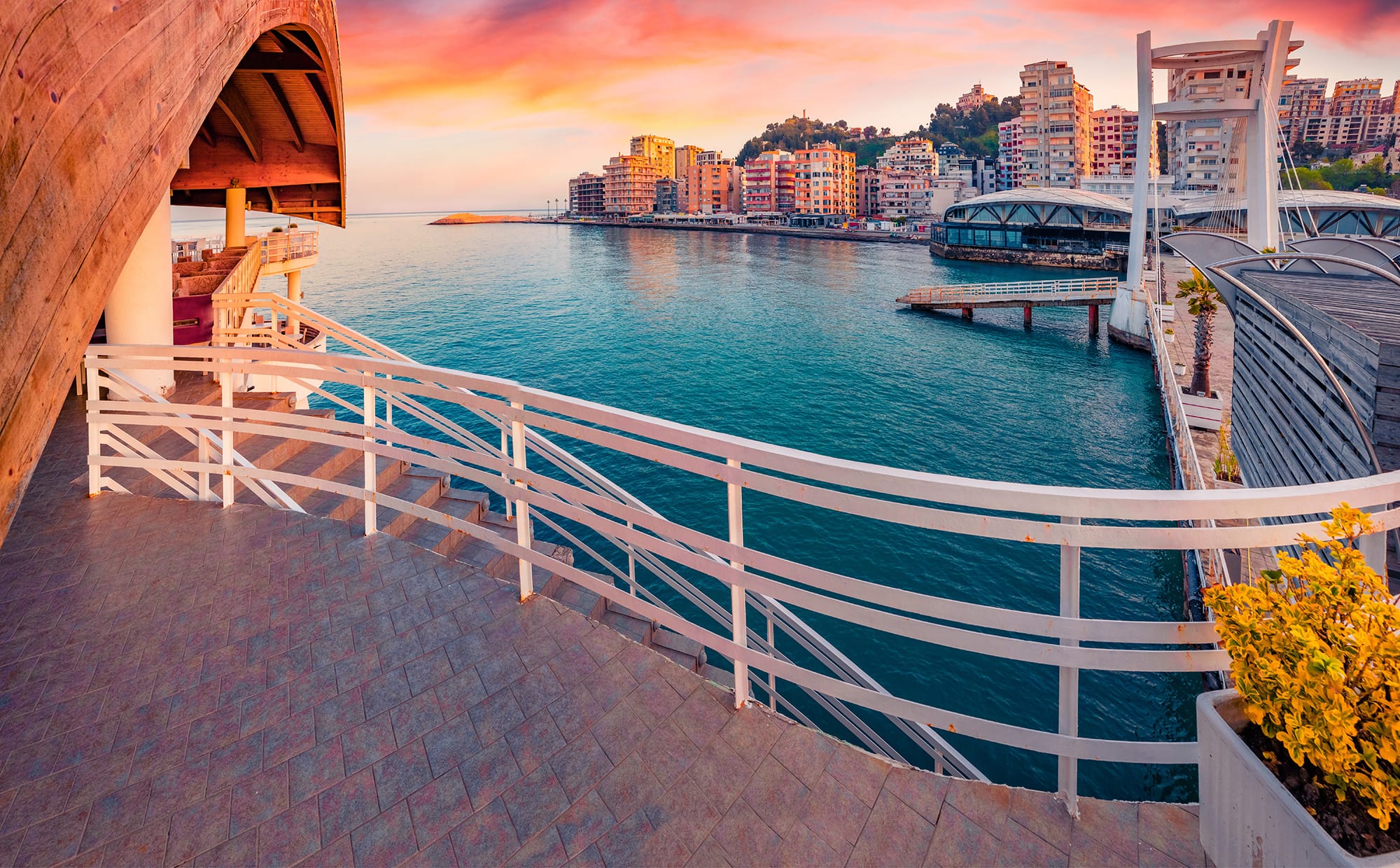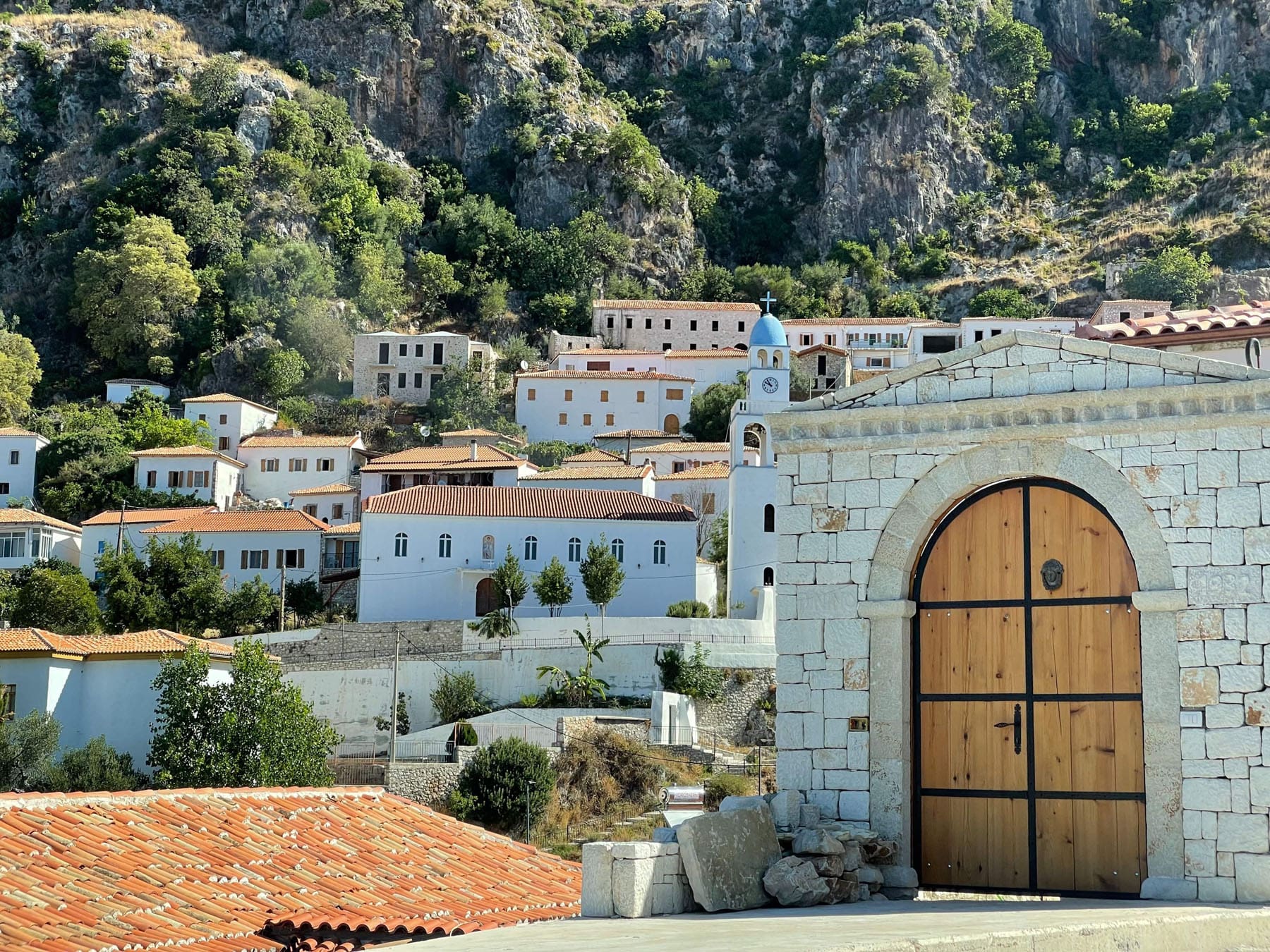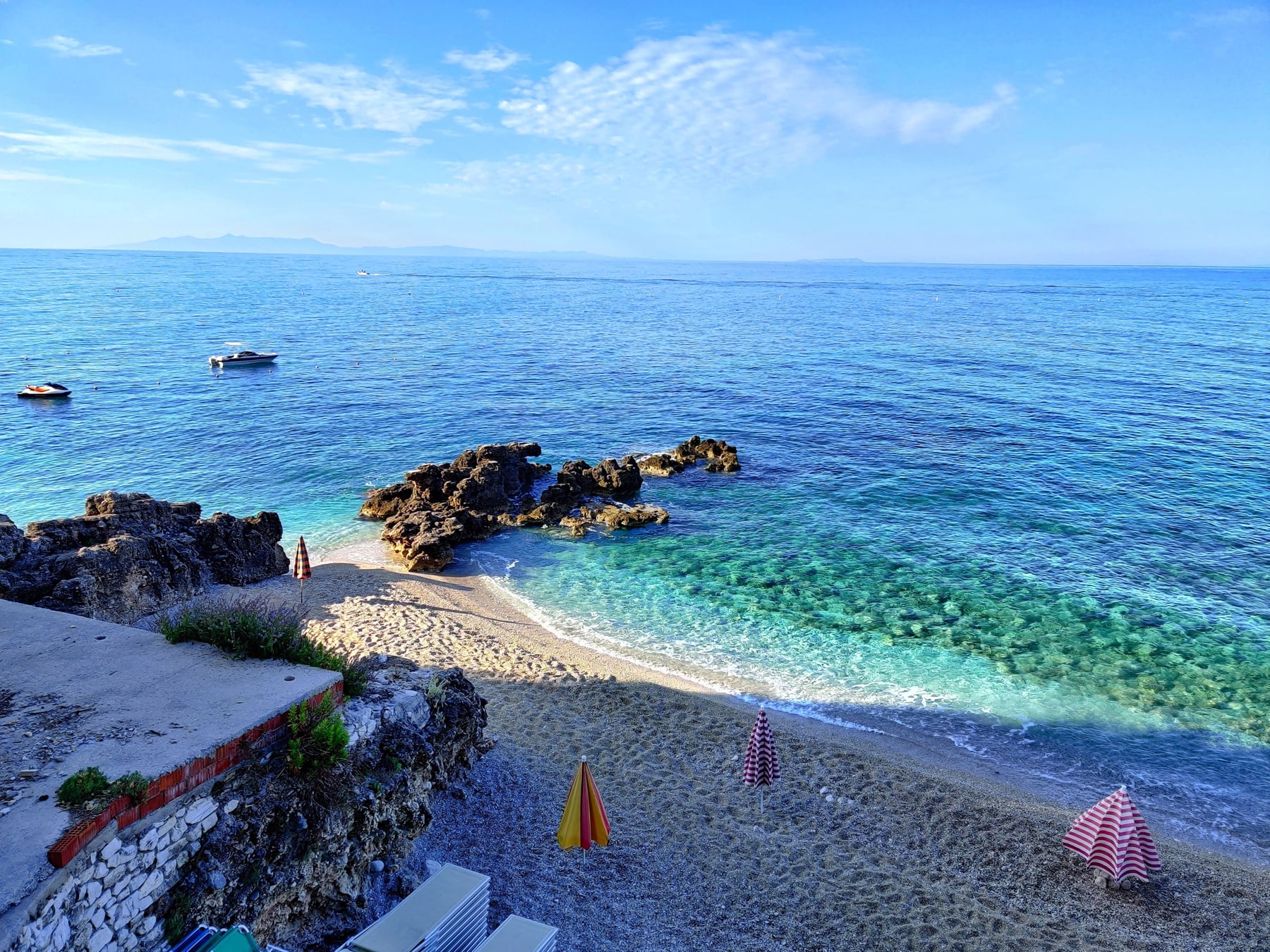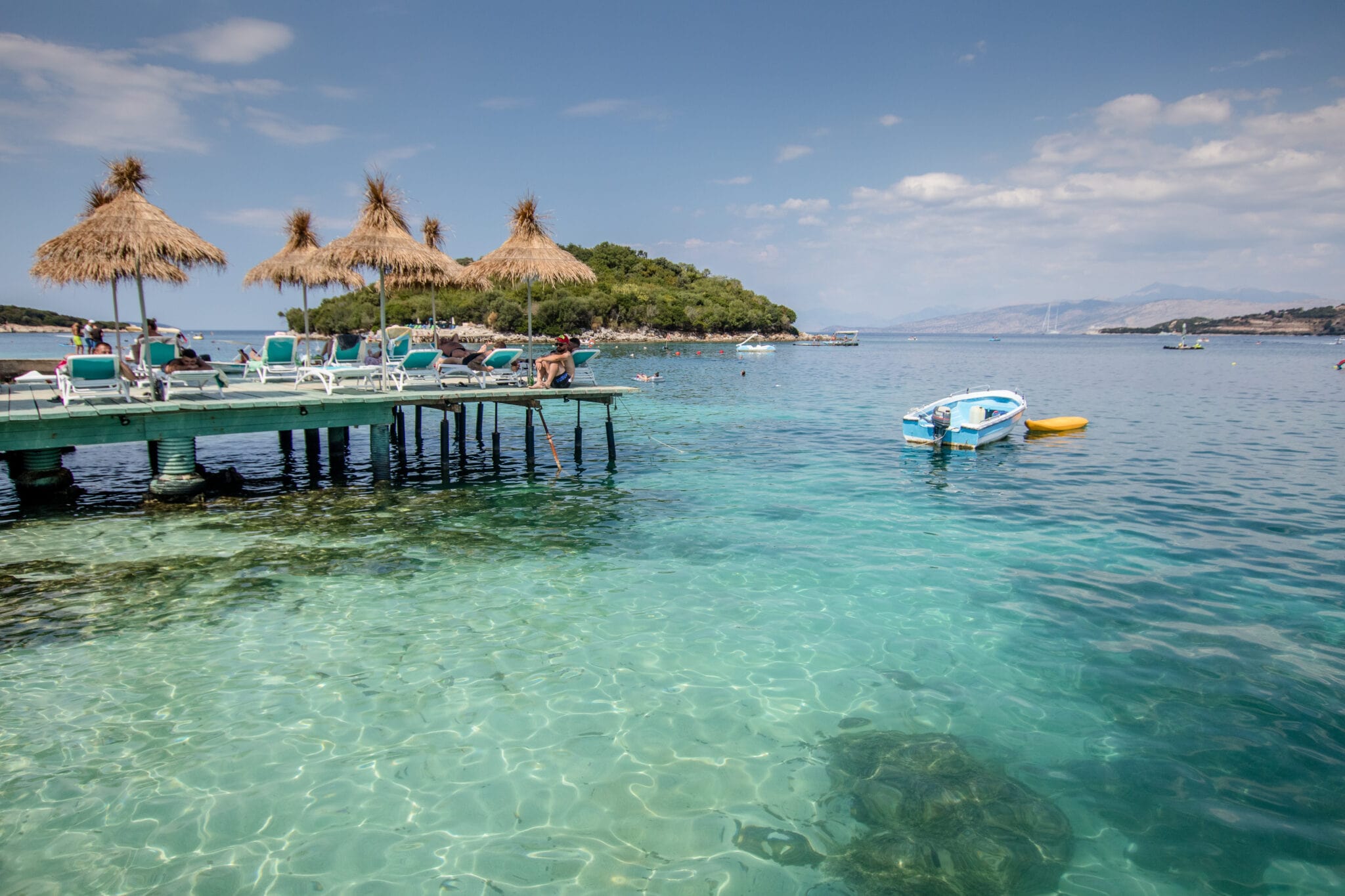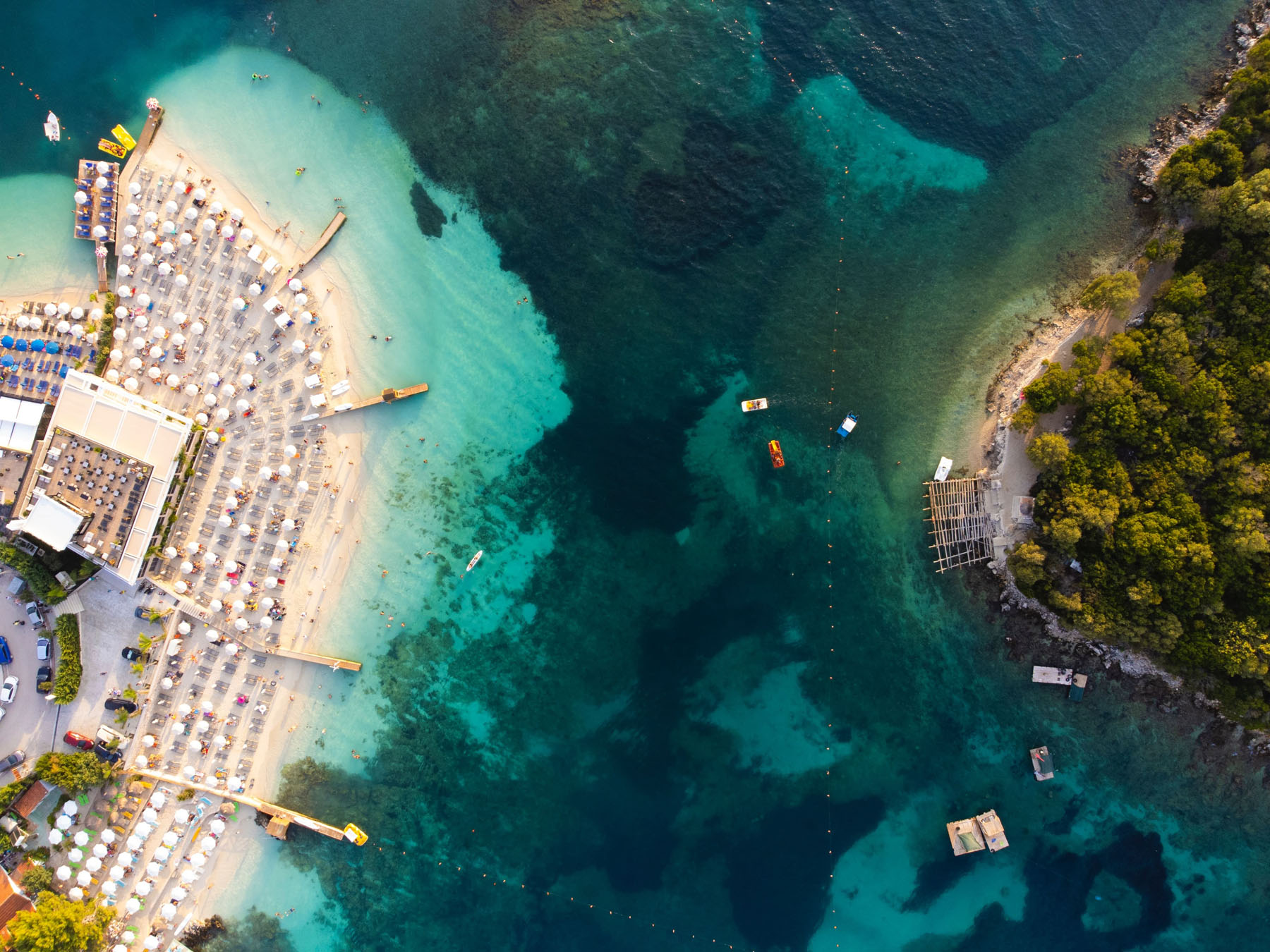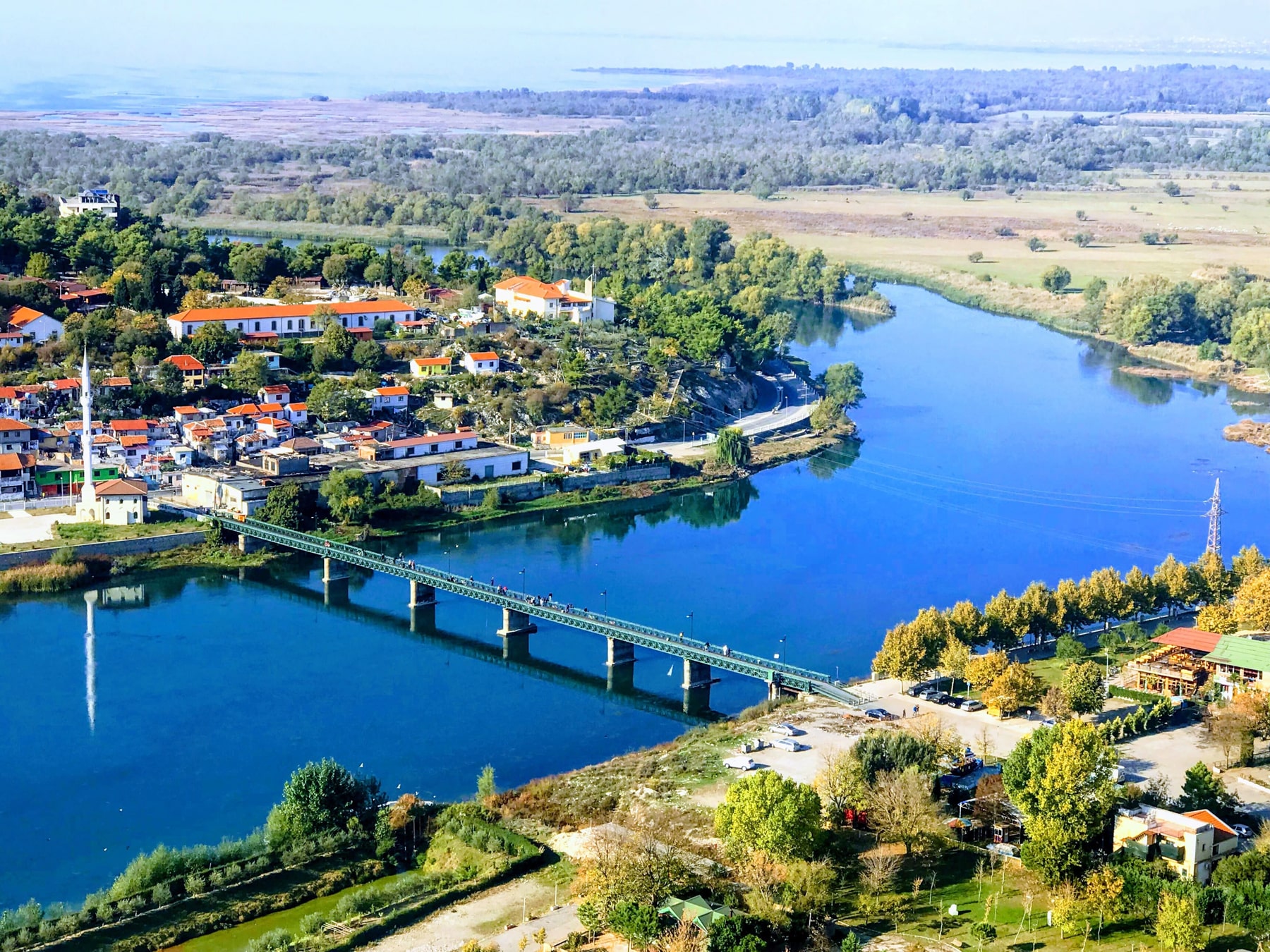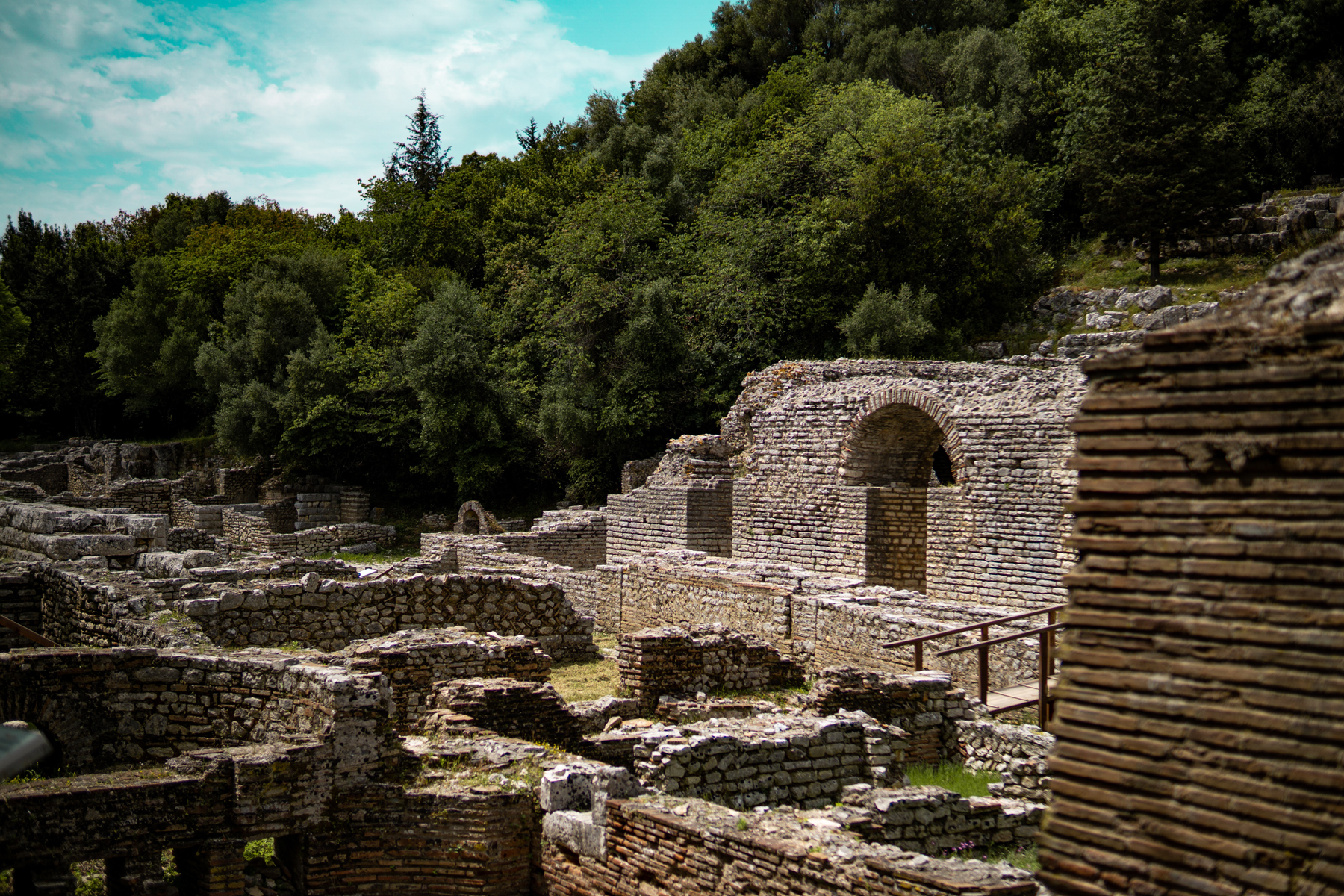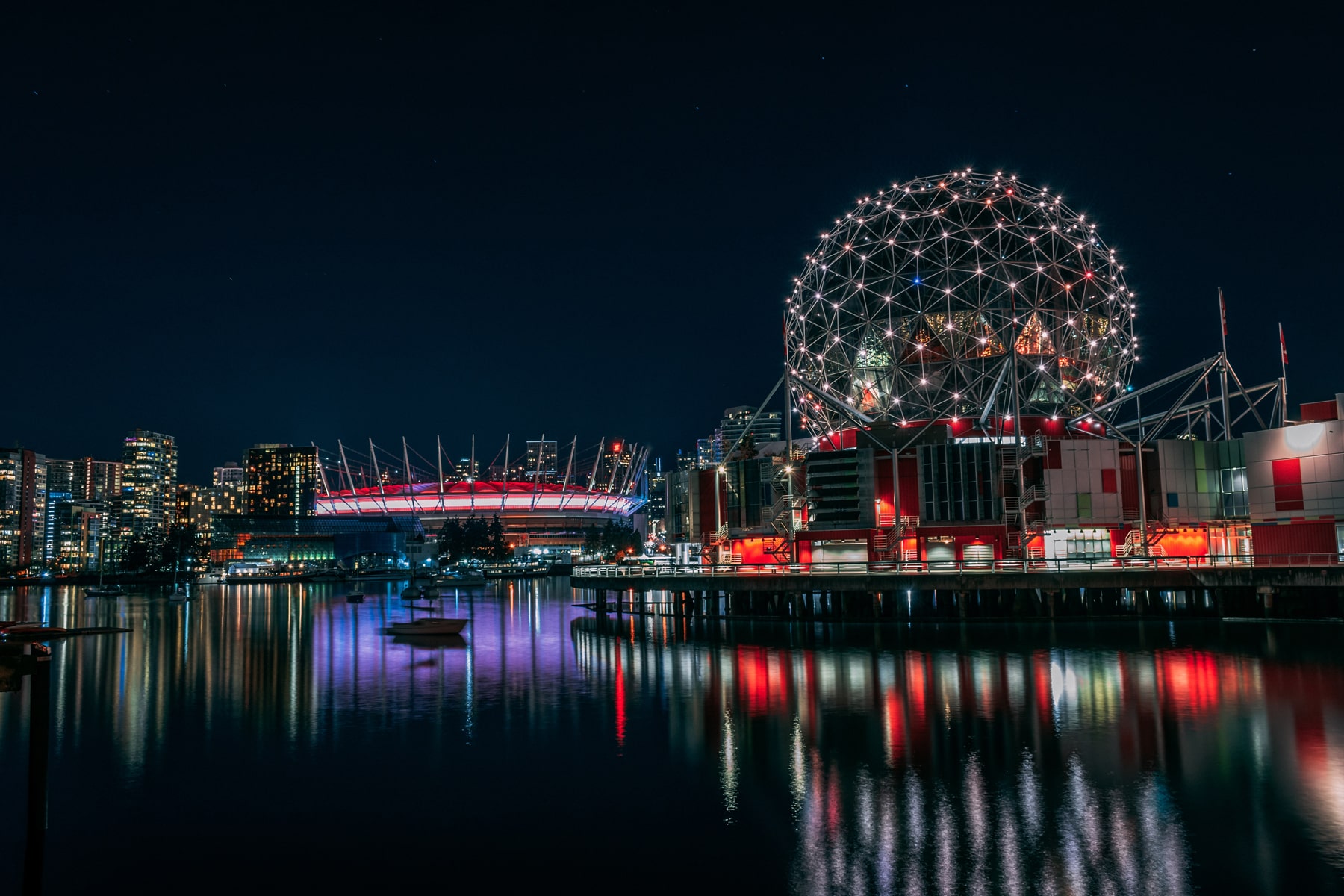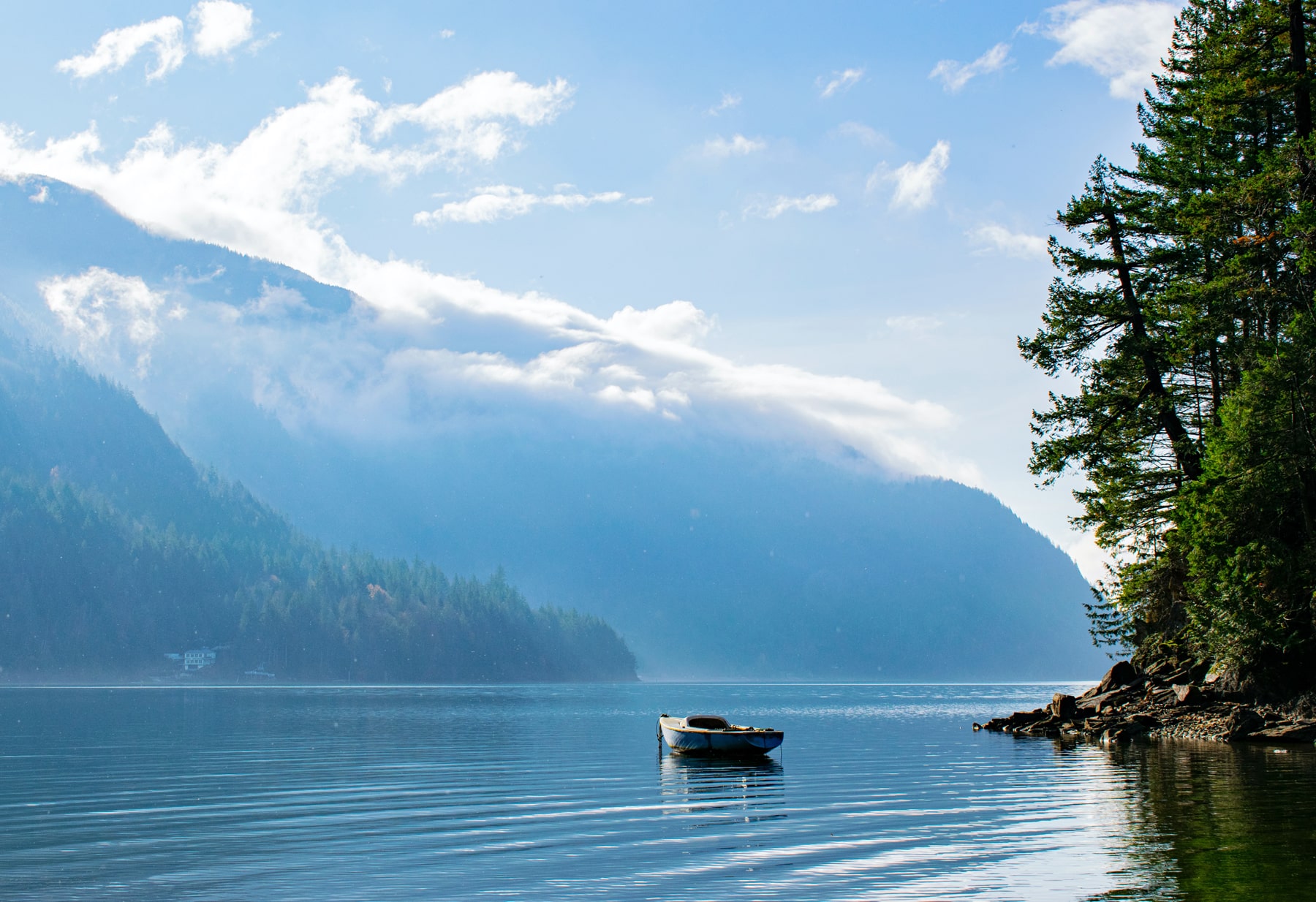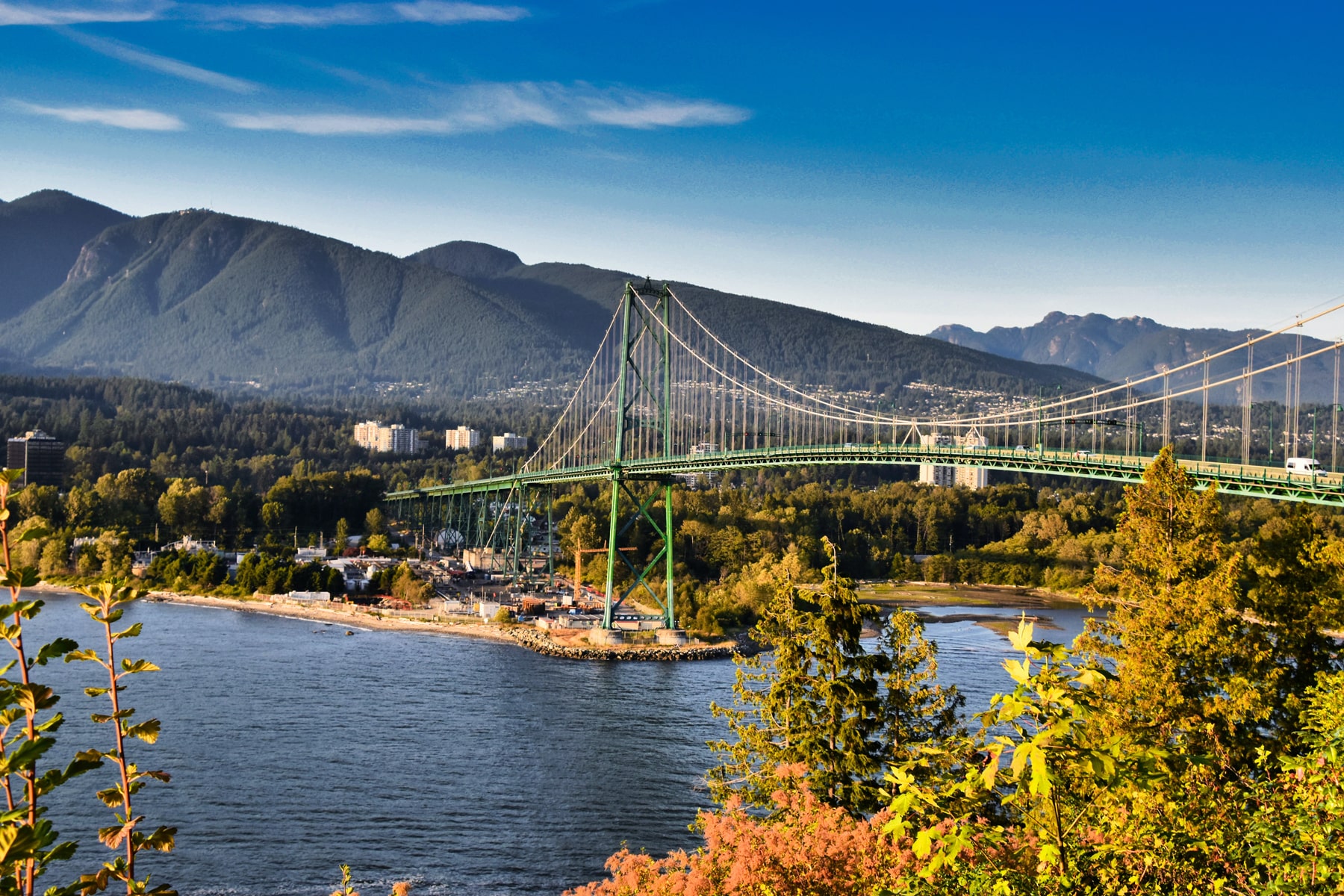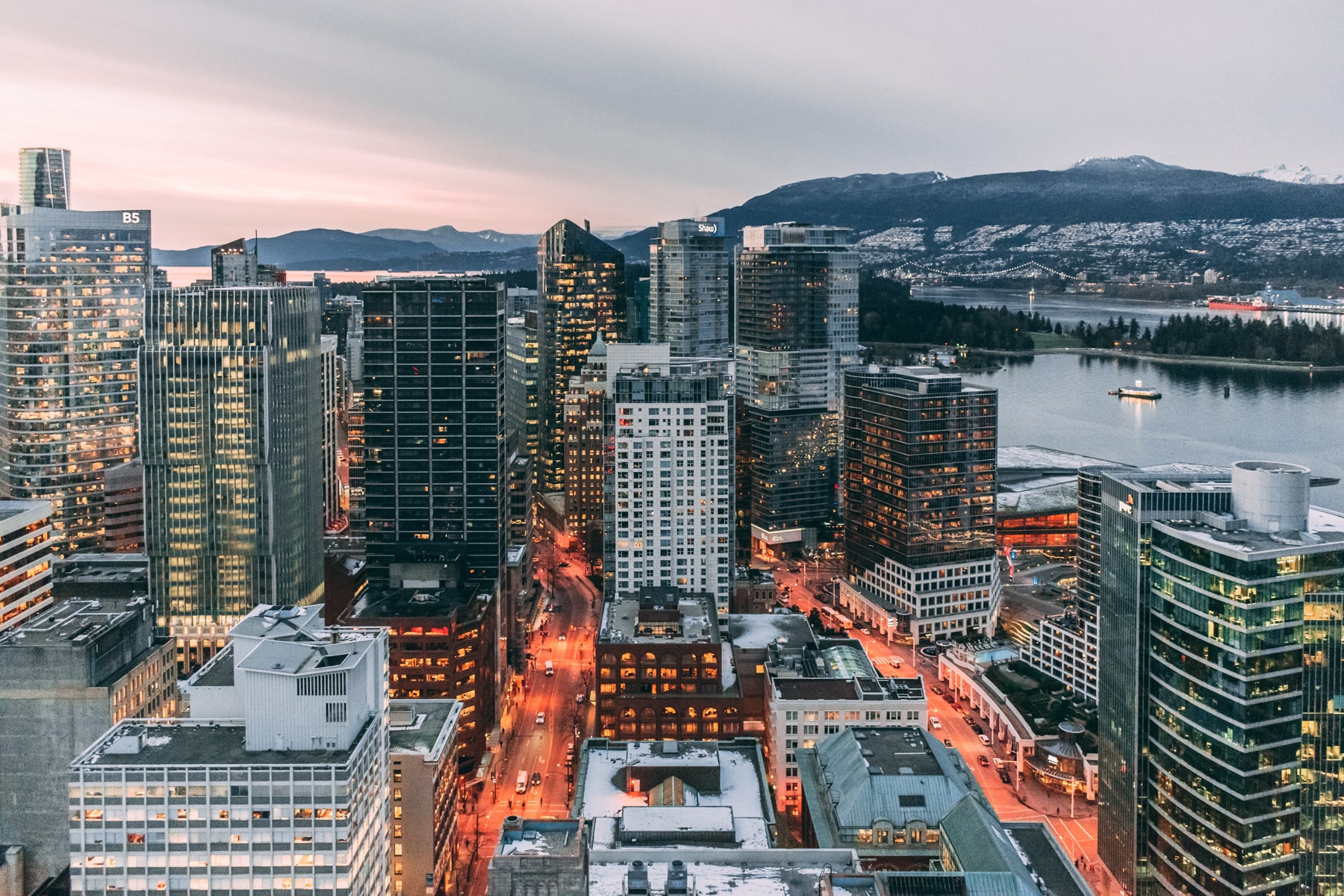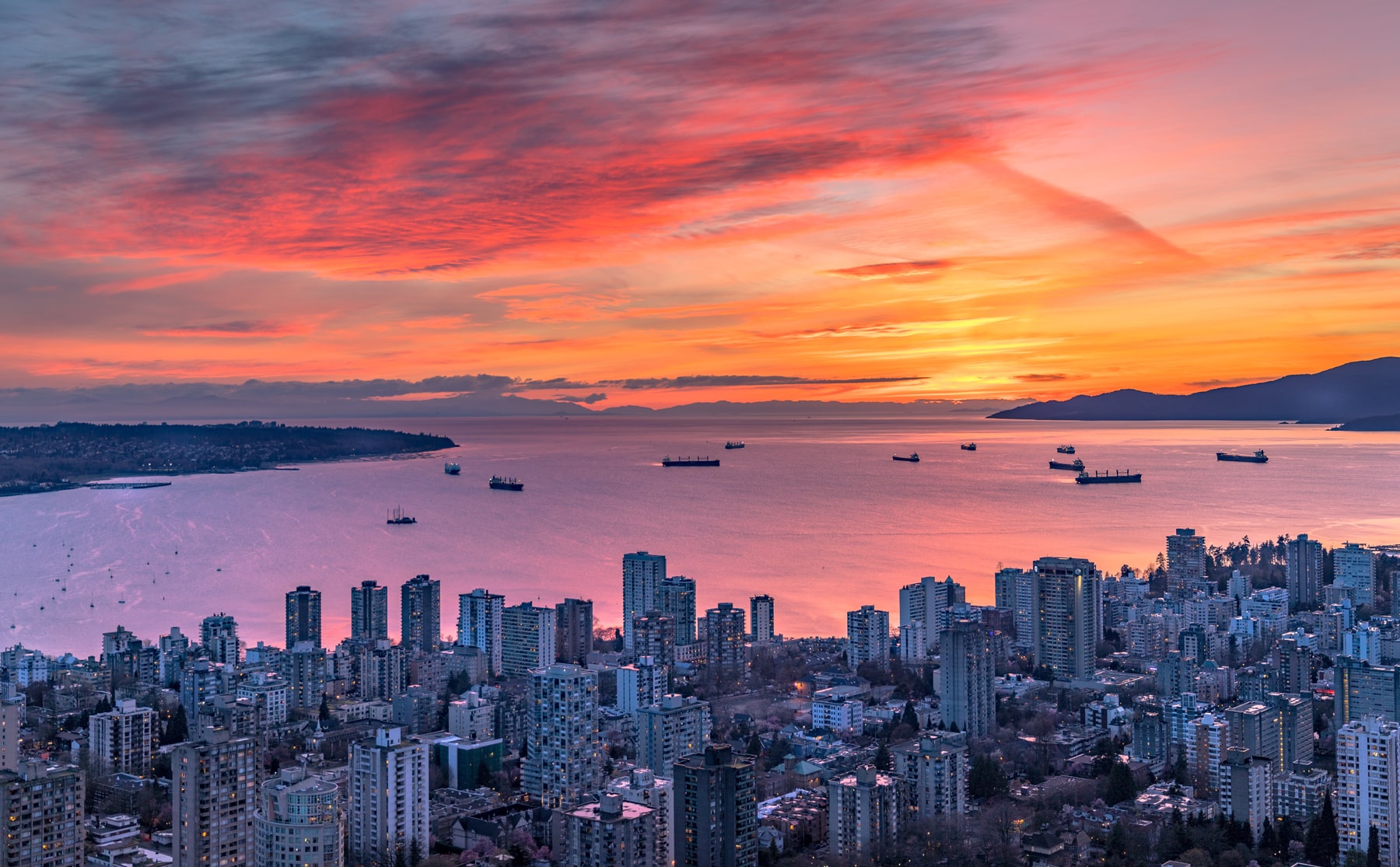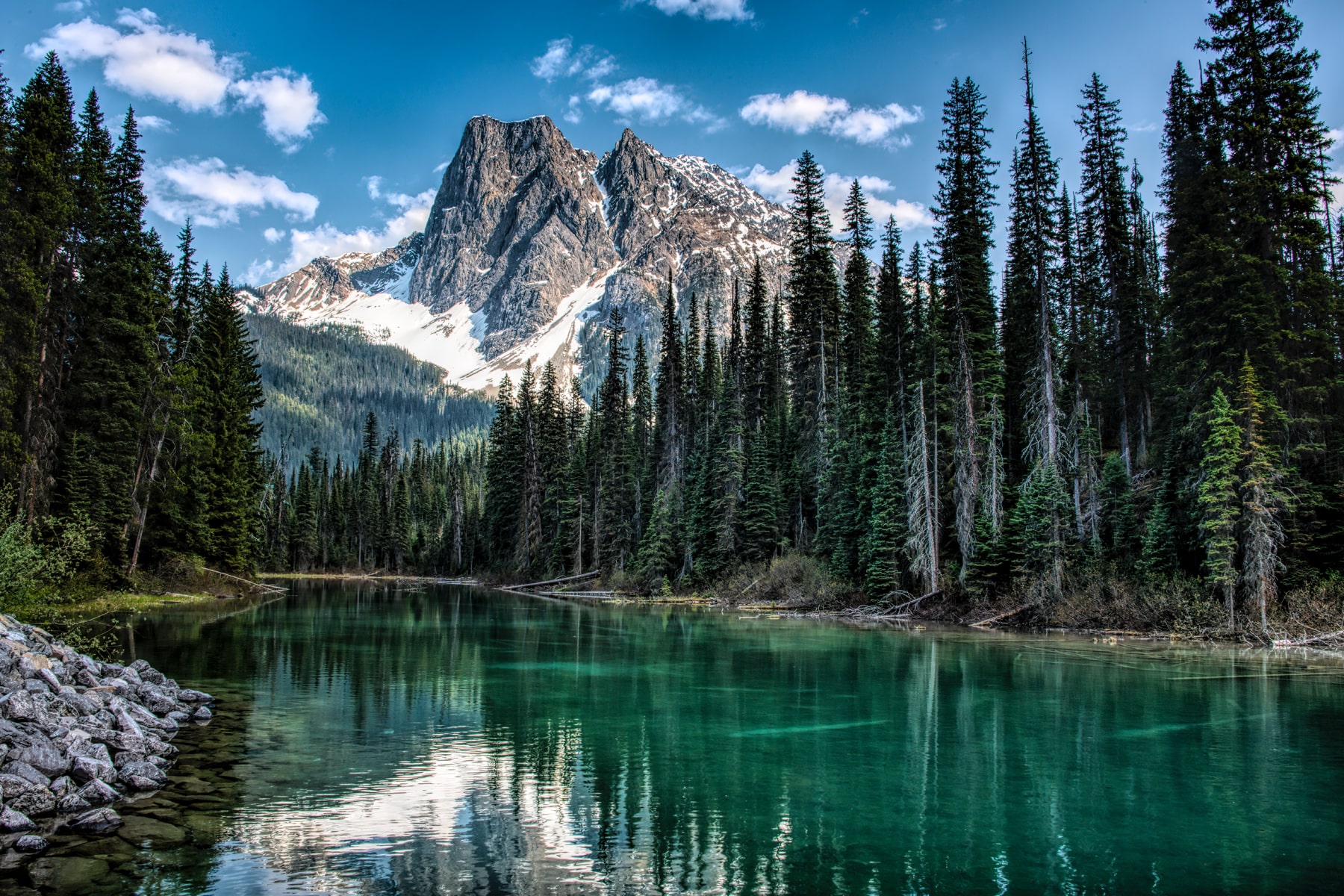Albania and British Columbia
Albania
Albania is a country in southern Europe, located in the western part of the Balkan Peninsula on the Strait of Otranto, the southern entrance to the Adriatic Sea. The capital city is Tirana (Tiranë).
Albanians refer to themselves as shqiptarë—often taken to mean “sons of eagles,” though it may well refer to “those associated with the shqip (i.e., Albanian) language”—and to their country as Shqipëria. They generally consider themselves to be descendants of the ancient Illyrians, who lived in central Europe and migrated southward to the territory of Albania at the beginning of the Bronze Age, about 2000 BCE. They have lived in relative isolation and obscurity through most of their difficult history, in part because of the rugged terrain of their mountainous land but also because of a complex of historical, cultural, and social factors.
Because of its location on the Adriatic and Ionian seas, Albania has long served as a bridgehead for various nations and empires seeking conquest abroad. In the 2nd century BCE the Illyrians were conquered by the Romans, and from the end of the 4th century CE they were ruled by the Byzantine Empire.
After suffering centuries of invasion by Visigoths, Huns, Bulgars, and Slavs, the Albanians were finally conquered by the Ottoman Turks in the 15th century. Ottoman rule cut off Albania from Western civilization for more than four centuries, but in the late 19th century the country began to remove itself from Ottoman influence and to rediscover old affinities and common interests with the West.
Albania was declared independent in 1912, but the following year the demarcation of its boundaries by the great powers of Europe (Austria-Hungary, Britain, France, Germany, Italy, and Russia) assigned about half its territory and people to neighboring states. Ruled as a monarchy between the World Wars, Albania emerged from the violence of World War II as a communist state that fiercely protected its sovereignty and in which almost all aspects of life were controlled by the ruling party.
But with the collapse of other communist regimes beginning in 1989, new social forces and democratic political parties emerged in Albania. That shift reflected the country’s continuing orientation toward the West, and it accorded with the Albanian people’s long-standing appreciation of Western technology and cultural achievements—even while retaining their own ethnic identity, cultural heritage, and individuality.
British Columbia
British Columbia is Canada’s westernmost province. It is bordered by the Pacific Ocean on the west and the Rocky Mountains and the Alberta border on the east. The south of B.C. shares a border with the United States, and the province extends north to the borders of Yukon and the Northwest Territories. B.C.’s vibrant cities are situated amongst stunning examples of pacific coast geography. The mountain ranges, seaside towns, and many parks offer adventure for the resident and visitor alike. Southern British Columbia has one of the mildest Canadian climates. Year-round outdoor sports are a common sight in the areas of Victoria and Vancouver. The province has very diverse geography. B.C.’s landscapes include rocky coastlines, sandy beaches, forests, lakes, mountains, inland deserts and grassy plains.
The history of British Columbia begins with the First Nations peoples, who have lived and flourished here for thousands of years. Everywhere you travel, you will see Indigenous names for towns, cities, rivers, lakes, mountains and fjords. Some of these names go back many thousands of years. The city names Nanaimo, Kamloops and Chilliwack, for instance, are all derived from Indigenous words.
B.C. was a British colony until 1871, when it joined Canada. In 1885, the Canadian Pacific Railway was completed, opening the country from east to west. The railway increased trade and the movement of people and resources from the Atlantic Ocean to the Pacific Ocean.
The 20th century was a time of expansion and growth. Major dams were built to power a growing province. The TransCanada highway was completed, allowing for easier movement of goods and services. Many people moved to B.C. to take advantage of its quality of life and abundant economic opportunities.
If winter sports are more appealing to you, both coastal and interior regions of the province host to world-renowned skiing and snowboarding. Whether you are seeking permanent residence or a vacation, there is a region in British Columbia to offer unforgettable experiences. In 2010, B.C. hosted the Olympic and Paralympic Winter Games in Vancouver and Whistler.
For more information on the history of British Columbia, visit the HelloBC website.


